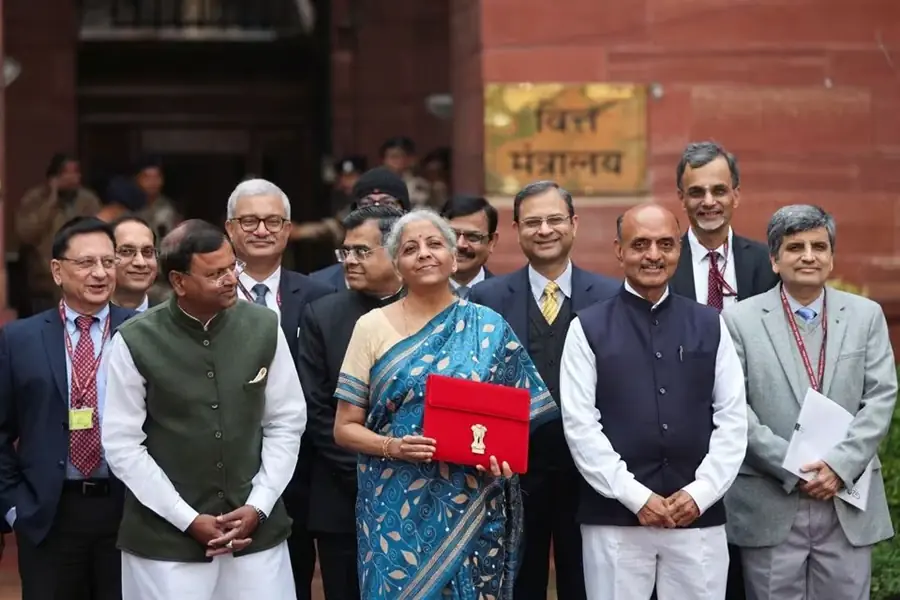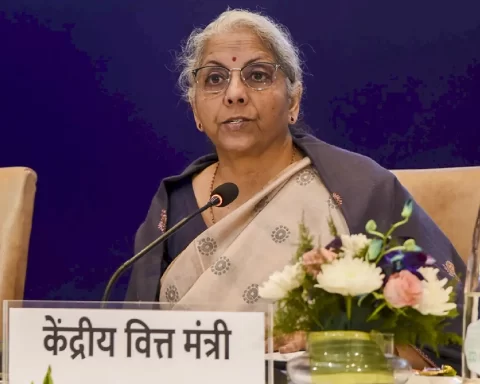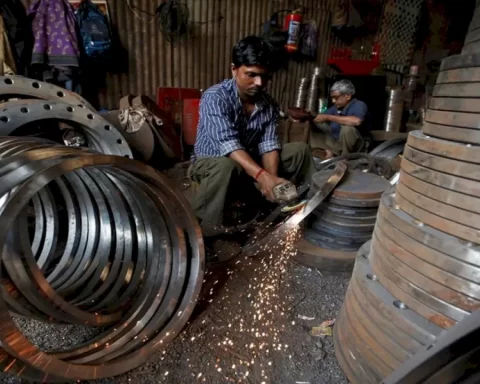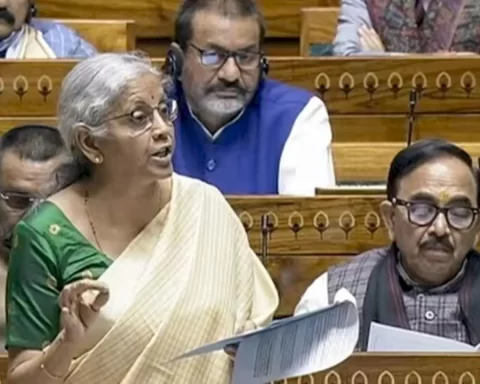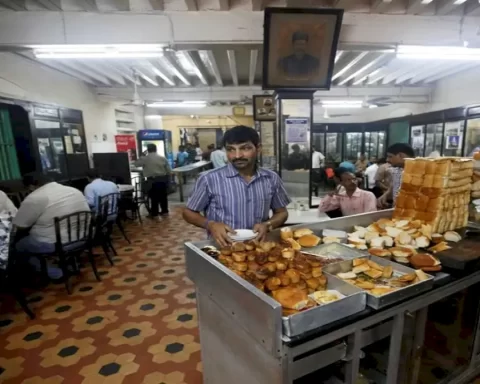NEW DELHI, Feb 1 (Reuters) – Finance Minister Nirmala Sitharaman promised economic reforms to drive growth in a speech on the government’s budget on Thursday, the last before a national election due by May.
India’s economy, the fastest growing among major nations, is going through profound change, Sitharaman said to the thumping of desks in parliament.
The interim budget for 2024/25 is being seen as an economic manifesto for Prime Minister Narendra Modi’s ruling party and will give clues to the market on its plans for fiscal consolidation, borrowings and future taxation policy.
“The next five years will be years of unprecedented development and golden moments to realize the dream of developed India by 2047,” Sitharaman said.
She said the next generation of reforms will be carried out in consultation with state governments. The government has simplified India’s complicated tax structures, invested in new ports and roads but has struggled to liberalise land acquisition and labour laws.
Sitharaman did not spell out the proposed reforms.
Modi is leading the election race by a distance because of his personal popularity and the government is under little pressure to announce populist schemes, analysts say.
There are weak spots in the economy, though. While India’s economic growth is expected to notch a record-beating 7.3% pace for the financial year ending March 31, 2024, consumption – which accounts for close to 60% of GDP – has remained weak with growth at just over 4%.
Weak growth in wages and high inflation has hurt lower income earners, particularly in rural areas, impacting their ability to spend on even items of daily use.
Sitharaman said the government will build 20 million affordable houses in the next five years, to add to the 30 million houses built already.

